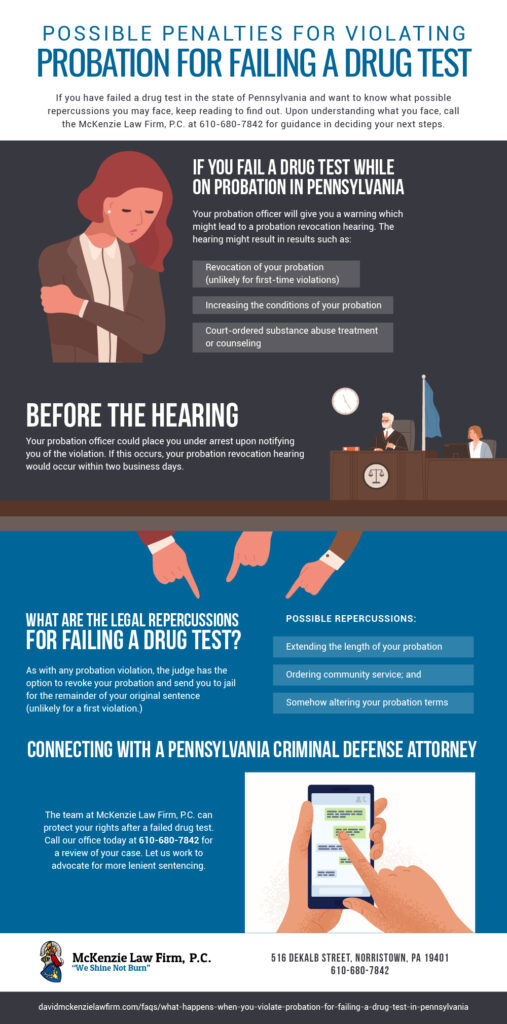Failing a drug test can be a stressful experience, often accompanied by anxiety about potential repercussions. While the immediate concern might be job loss or disciplinary action, many wonder if can you go to jail for failing a drug test. The truth is, the legal consequences of a failed drug test are complex and vary significantly depending on the situation. This article will delve into the various scenarios where a failed drug test could lead to legal trouble, outlining the potential penalties and emphasizing the importance of understanding your local laws.
This article will explore the different contexts in which drug tests are conducted, including employment, probation, and criminal investigations. We’ll examine the specific legal ramifications of failing a drug test in each scenario, clarifying when can you go to jail for failing a drug test and outlining the factors that influence potential penalties. By understanding these nuances, individuals can better navigate the complexities of drug testing and its legal implications.
Drug Test Failure Consequences
The consequences of failing a drug test are not always straightforward. While a failed test itself doesn’t automatically lead to jail time, it can trigger a chain of events with potentially serious legal ramifications. The severity of the consequences depends heavily on the circumstances surrounding the test, including the reason for testing, the specific drugs detected, and any existing legal obligations.
For instance, failing a drug test during a job application might result in losing the opportunity for employment. However, failing a drug test while on probation could lead to a violation of court orders, potentially resulting in additional jail time or stricter supervision. Similarly, failing a drug test as part of a criminal investigation could strengthen the prosecution’s case against you.
It’s crucial to remember that each situation is unique and requires careful consideration of the specific legal context. Consulting with an attorney experienced in drug law can provide valuable guidance and help you understand your rights and potential consequences.
Employment Drug Testing Laws
Drug testing in the workplace is a common practice, often implemented as part of pre-employment screening or random drug tests for safety-sensitive positions. However, employment drug testing laws vary significantly from state to state. Some states have strict regulations governing when and how employers can conduct drug tests, while others offer more leeway.
Generally, employers are allowed to test applicants and employees for drugs if they have a legitimate business reason, such as ensuring workplace safety or complying with federal regulations. However, employers must adhere to specific procedures outlined by law, including providing proper notice before testing, obtaining informed consent from individuals being tested, and maintaining confidentiality of test results.
Failing an employment drug test can lead to various consequences, ranging from job rejection to termination. In some cases, employers may offer rehabilitation programs or second chances depending on the circumstances and company policies. It’s important for employees to understand their rights and responsibilities regarding workplace drug testing and seek legal advice if they believe their rights have been violated.
Probation and Drug Tests
Probation is a court-ordered alternative to incarceration, often imposed as part of a plea agreement or sentencing. One common condition of probation is regular drug testing, aimed at ensuring compliance with the law and preventing further criminal activity. Failing a drug test while on probation can be considered a violation of court orders, leading to serious consequences.
Judges have discretion in determining the penalties for probation violations, which can range from fines and additional supervision to revocation of probation and imprisonment. The severity of the punishment often depends on factors such as the frequency of failed tests, the type of drugs detected, and any prior violations. Individuals on probation should take drug testing seriously and adhere to all court-ordered requirements to avoid potential legal repercussions.
Legal Context of Drug Testing
Drug testing is governed by a complex web of federal, state, and local laws. The legality of drug testing varies depending on the context, including employment, criminal investigations, and government programs. For instance, the Fourth Amendment of the U.S. Constitution protects individuals from unreasonable searches and seizures, which can influence the legality of certain drug tests.
Furthermore, various federal laws, such as the Drug-Free Workplace Act, impose specific requirements on employers regarding drug testing in safety-sensitive industries. State laws often supplement these federal regulations, creating a patchwork of legal frameworks across different jurisdictions. Understanding the specific legal context surrounding drug testing is crucial for individuals and organizations to ensure compliance with applicable laws and avoid potential legal challenges.
Criminal Penalties for Drug Use
While failing a drug test itself doesn’t automatically result in criminal charges, it can provide evidence supporting existing criminal cases or lead to new charges depending on the circumstances. The severity of criminal penalties for drug use varies widely based on factors such as the type and amount of drugs involved, prior convictions, and state laws.
Possession of illegal drugs can range from misdemeanors to felonies, with potential penalties including fines, imprisonment, probation, or a combination thereof. Drug trafficking carries even more severe consequences, often involving lengthy prison sentences and substantial fines. It’s important to remember that drug use is a serious legal matter with potentially life-altering consequences.
Conclusion
Failing a drug test can have significant legal ramifications depending on the context. While it doesn’t automatically lead to jail time, it can trigger a chain of events with potential consequences ranging from job loss to probation violations and criminal charges. Understanding the specific laws governing drug testing in your jurisdiction is crucial for navigating these complexities.
Remember that each situation is unique, and seeking legal advice from an experienced attorney can provide valuable guidance and help you protect your rights. By staying informed about the legal implications of drug testing and taking proactive steps to understand your obligations, individuals can minimize potential risks and make informed decisions regarding their personal and professional lives.



